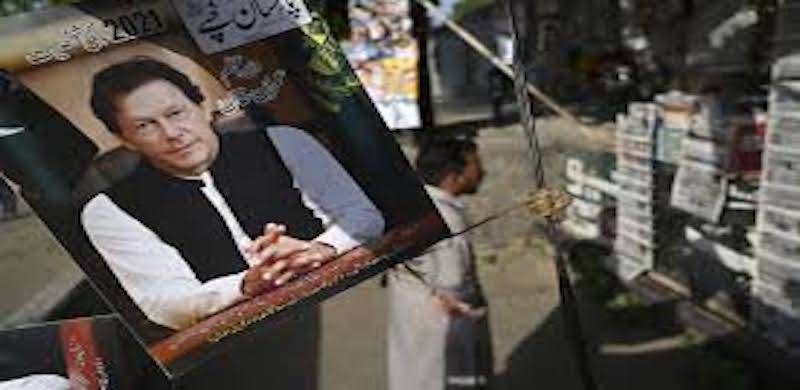
During the past few weeks, Pakistan has had to witness one of the most egregious and blatant violations to the Constitution of 1973. The way the PTI government has tried to create ambiguity in a situation in which there was none to begin with is truly remarkable. What has been even more remarkable, however, is to witness the divide and polarisation in our society over this issue. A significantly large number of people, especially amongst the elite and educated class, seem to have no idea of the importance of the Constitution in our country. It is the single-most important document — one that has emerged so powerful that despite its abrogation by two military dictators since its inception, it has continued to be restored in its full form.
To my friends who continue to support the Pakistan Tehreek-e-Insaf (PTI) and Imran Khan’s volatile ways of handling any situation, I would like to remind you that the only reason Imran Khan was able to host his dharna in 2014 without any hindrance was because he was guaranteed the right to assemble and protest under Article 16 of the very constitution that his party now seems to deem irrelevant.
One must also note that the founder of Pakistan, Muhammad Ali Jinnah, himself was a strict follower of the Constitution. This conveys to us that the “Jinnah’s Pakistan” we so often hear and speak of is one in which all citizens of Pakistan, including the Prime Minister, abide by the Constitution as Jinnah himself had done.
In a country that has been so often polarised and characterised by this very hate, the only time that its elected representatives were able to form consensus and unanimously agree upon something has been in 1973 — during the formation of this Constitution. That is the beauty of this document, and precisely why it is something we should take pride in, rather than attempt to malign and blur.
The rights we enjoy and take advantage of are provided to us by this document, yet it fails to be held with the sanctity it deserves. The reason for this indifference is that our education system has failed to teach us the importance of democracy, the rule of law and the Constitution in our country. Pakistan Studies textbooks will go at length to tell us about the ‘great’ rule of the Mughal Empire, but do not highlight the importance on the one document that entails our past, present and future.
I must ask my readers in advance to forgive me for I might now begin to sound like our self-professed scholar of the West, but I found it extremely alarming that it took me twenty years and having to come to another country to learn what the exact function of the Supreme Court is, despite having attended one of the top schools in the country — another trait I unfortunately share with said scholar.
Having spent my entire life in Pakistan prior to leaving the country to pursue my education, the decisions I witnessed and the role I saw the judiciary play never exemplified the vital role the institution has in upholding the Constitution. And I am sure this is the case with many young Pakistanis.
Our educationists must realise that the goal of their institutions should not be to bag as many Ivy-league and Oxbridge admissions as possible, but instead to produce truly educated and informed citizens who understand that the strength of their country and its institutions is only as strong as its Constitution.
The way forward for Pakistan is not to have the “best” political party or leader in power, but rather for us to begin following the constitution in its entirety. It has prescribed to every single government institution its exact role, and as long as we do not have autonomous and strong institutions, we will continuously fail to emerge as a strong state. In order for us to do so, the future generations must be made aware of why the Constitution is important, so that we may never again have to witness this grotesque drama again.

